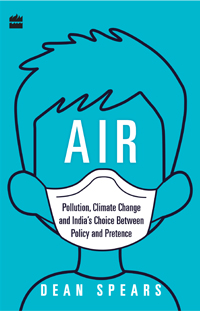
Air: Pollution, Climate Change, and India’s Choice Between Policy and Pretence
HarperCollins, June 2019
By Dean Spears, assistant professor, Department of Economics
A million people in India are killed each year by the world’s worst air pollution. This book combines statistical evidence, economics and stories from fieldwork in north India where pollution hurts growing children and threatens the health and economy of future generations.
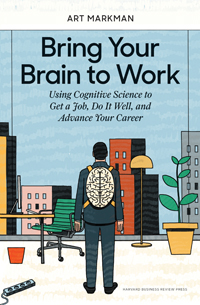
Bring Your Brain to Work
Harvard Business Review Press, June 2019
By Art Markman, professor, Department of Psychology
Much of what you need to know in order to succeed at work you do not learn in school. In this book, Art Markman highlights research from cognitive science that supports strategies to help readers get a job, to succeed at that job once they get it, and to best enhance their career by getting the next job.
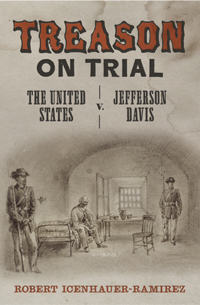
Treason on Trial: The United States v. Jefferson Davis
LSU Press, June 2019
By Robert Icenhauer-Ramirez, lecturer, Department of History
In the aftermath of the Civil War, federal officials captured, imprisoned and indicted Jefferson Davis for treason. If found guilty, the former Confederate president faced execution. This book tells the story of a case pursued by the federal government for four years, but never went to trial.
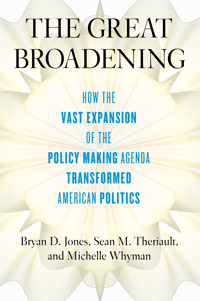
The Great Broadening: How the Vast Expansion of the Policymaking Agenda Transformed American Politics
Chicago University Press, June 2019
By Bryan D. Jones, professor, Department of Government; Sean M. Theriault professor, Department of Government; and Michelle Whyman, Ph.D. Government ’16
In the late 1950s through the 1970s, the United States experienced the Great Broadening, a vast expansion in national policy making. This book details its causes, internal dynamics and consequences, including the greater impact interest groups play in politics, Congress’s transformation from a legislative body to one of oversight, and raging polarization between parties.
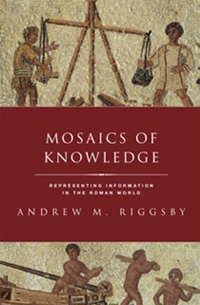
Mosaics of Knowledge: Representing Information in the Roman World
Oxford University Press, July 2019
By Andrew M. Riggsby, professor, Department of Classics
Information technology shrinks our world and binds it together. This book studies how a series of ancient Roman information technologies — sophisticated lists, tables, weights and measures, artistic perspective, textual illustrations, maps and plans — fragmented their world along a variety of geographical, national, social and professional axes.
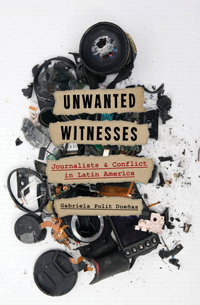
Unwanted Witnesses: Journalists and Conflict In Latin America
Pittsburgh University Press, Aug. 2019
By Gabriela Polit Dueñas, associate professor, Department of Spanish and Portuguese
This book analyzes the work of journalists from Mexico, Colombia and Argentina, combining ethnographic observations of their work with textual analysis and theoretical reflections on ethical dilemmas. It looks at the emotional challenges and the traumatic conditions faced when reporting on trauma and violence, and the limits of our democracies.
